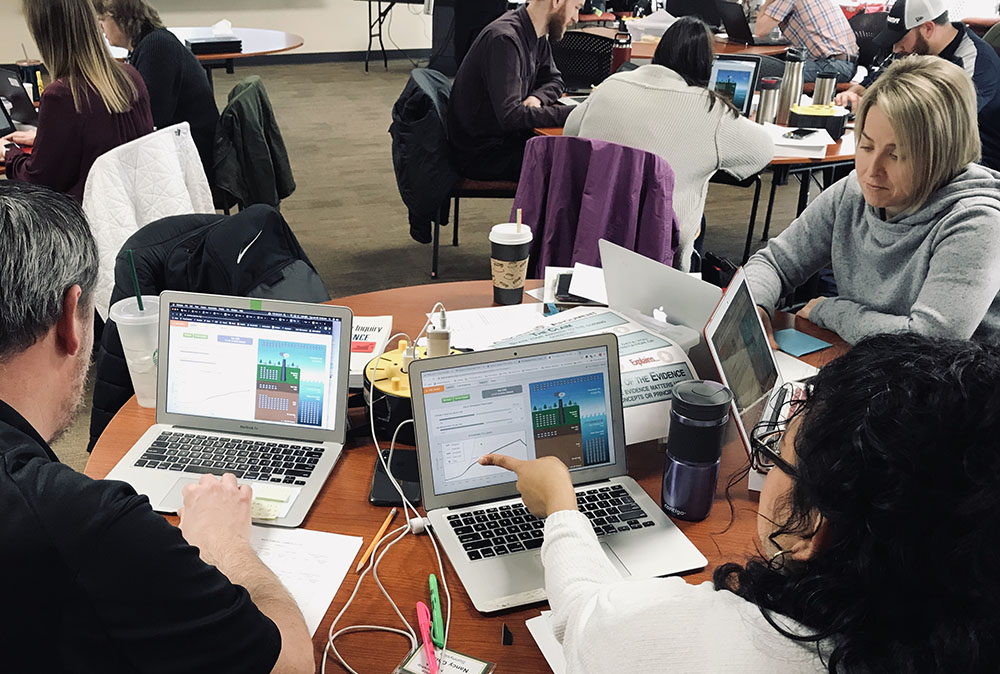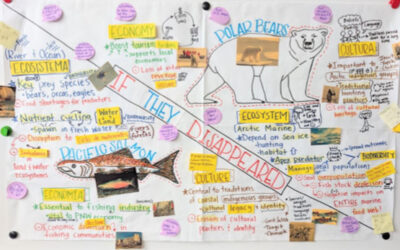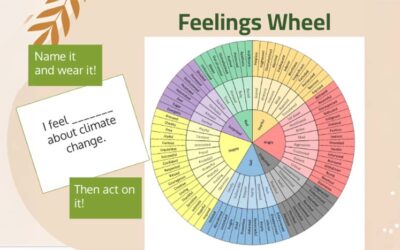Engaging in Argument From Evidence to Understand the Science….in Climate Science
There are important climate science questions our students must be ready to engage in such as:
- “How does climate change as one moves from the equator toward the poles?”
- “Which carbon cycling process affects atmospheric carbon the most?”
- “How has climate change affected bird migration?”
These questions are all connected to the science practice of engaging in argument from evidence.
In January and February, 2020, 88 K-12 teachers from the ESD 105 region met in three grade band cohorts to learn how to facilitate student engagement in those “guiding” questions. The teachers formed investigation teams and immersed themselves in an eight-stage process called the Argument-Driven Inquiry Instructional Model.
This process requires members of an investigating team to collaborate to:
- determine a method to gather data
- develop a claim or answer to the guiding question based on evidence
- create an initial argument to answer the question on a white board
To improve their initial arguments, the investigative teams participated in a gallery walk style “argumentation session”. During this stage, each team shared their initial arguments, offered constructive critiques to other teams, and gathered ideas to improve their initial arguments.

Middle School teachers gather data to make a claim about their guiding question.
During the next stage, all of the teams reflected on their work in an explicit and reflective discussion. During this discourse, teachers considered the NGSS dimensions that were connected to the experience. The Argument-Driven Inquiry Instructional Model includes stages that include writing an investigation report and a double-blind peer review.

High School teachers compare the strengths and areas to improve for all of the “Initial Arguments “
Each teacher received an Argument-Driven Inquiry resource book of their choice to support this NGSS-aligned learning activity back in their classrooms.
After this six hour experience, 85 of the 88 K-12 teachers agreed they had deepened their existing knowledge of the NGSS Dimensions and were confident teaching the Next Generation Science Standards (NGSS) climate science-related topics.




